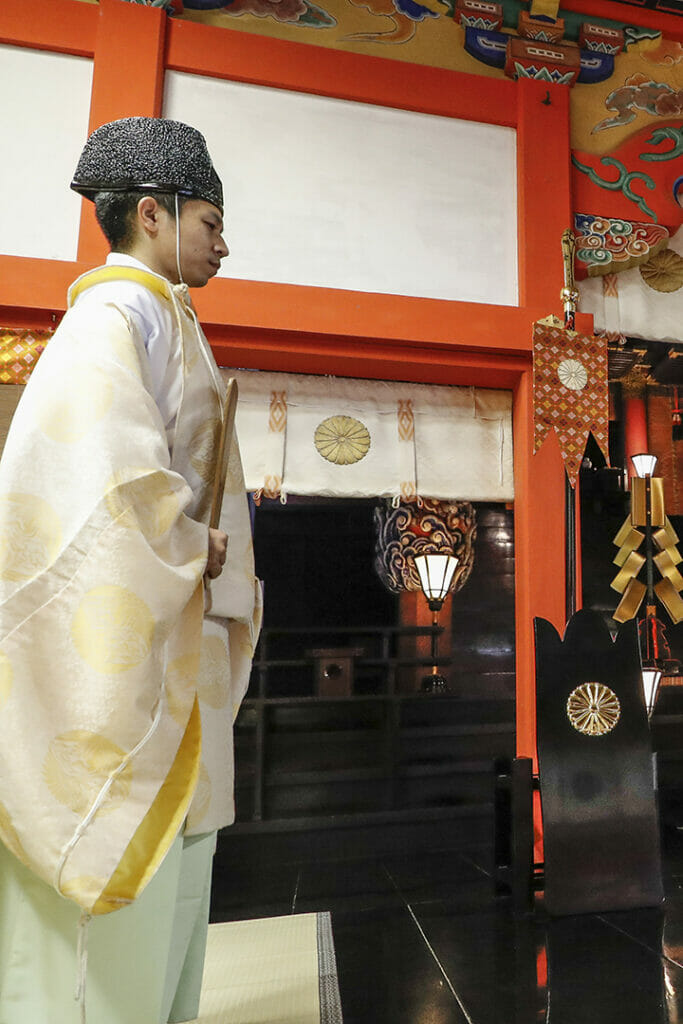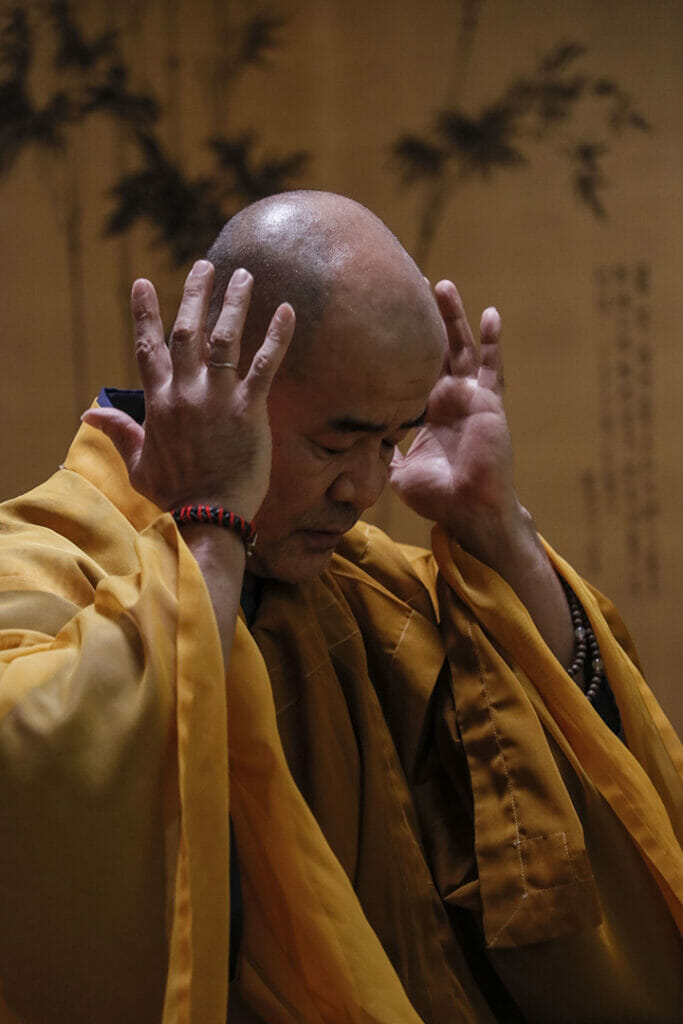SPIRITUAL PRACTICE
Experience inner strength and clarity of mind
MEDITATION AND BALANCE
THE MINDFULNESS PRACTICES OF THE SAMURAI
The samurai were expected to be well-educated and cultivate a range of skills. One important aspect of their training was the practice of meditation, which was believed to help them develop a calm and clear mind, cultivate inner strength and resilience, and maintain their mental and emotional well-being.
There were several different types of meditation practice that were popular among the samurai, from both the exoteric and esoteric Buddhist sects.
In addition to these formal meditation practices, the samurai also engaged in other activities that were designed to cultivate their mental and emotional well-being. For example, they might engage in activities such as calligraphy, poetry, and tea ceremony, which were believed to help them cultivate a sense of balance and harmony.
The samurai saw meditation and other mindfulness practices as an important part of their training and way of life. They believed that these practices helped them to become more skilled warriors and more virtuous individuals, and they were an integral part of the samurai culture and tradition.
SHINTO SPIRITUALISM
JOURNEY TO THE HEART OF THE JAPANESE CREATION MYTH
Shinto is a traditional religion of Japan that involves the worship of kami, or deities, and the observance of rituals and customs. It has a long history in Japan and has played an important role in the culture and way of life of the Japanese people.
The samurai were closely connected to the practice of Shinto and often used it as a source of spiritual guidance and inspiration. They believed that the kami were powerful forces that could help them in their battles and protect them from harm. As such, they often paid their respects to the kami through prayer and offerings, and many samurai were also deeply involved in the rituals and customs of Shinto.
In addition to their connection to Shinto, the samurai were also closely connected to the natural world and believed in the importance of living in harmony with the environment. They often used the teachings of Shinto to guide their actions and behaviour, and many samurai were deeply committed to living in accordance with the principles of the religion.

